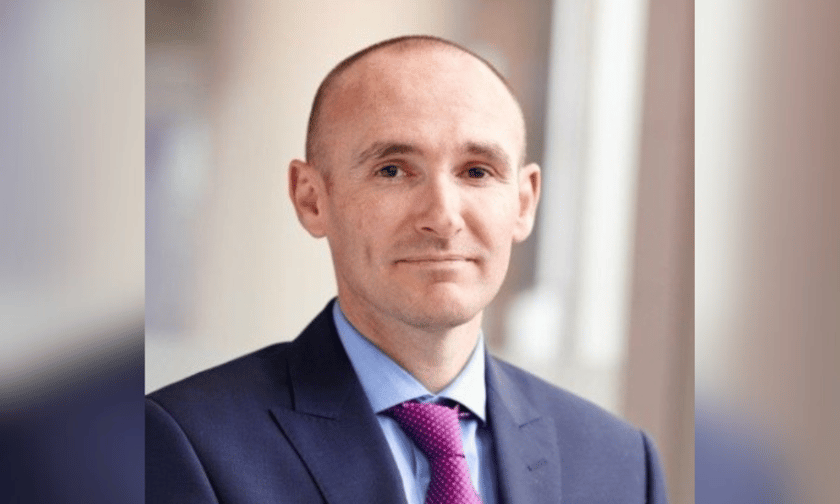

Saga plc has reported a 5% increase in total underlying revenue to £768.2 million for the financial year ending January 31, 2025, supported primarily by growth across its travel businesses.
Statutory revenue, excluding discontinued operations and incorporating non-cash technical accounting and exceptional items, rose 4% year-on-year to £588.3 million.
Trading EBITDA rose by 18% to £137.1 million, up from £116.5 million the previous year. The group posted an underlying profit before tax of £47.8 million, marking a 25% increase from £38.2 million in the prior year.
When excluding discontinued insurance underwriting operations and related accounting adjustments, underlying profit before tax from continuing operations stood at £37.2 million, 8% higher than the previous year’s £34.3 million.
Saga recorded a statutory loss before tax from continuing operations of £160.2 million. This reflects previously reported impairments, including goodwill related to its insurance broking arm, impairments of assets no longer expected to deliver value under the group’s new insurance partnership, and various restructuring and exceptional costs.
Group CEO Mike Hazell (pictured above) said that Saga delivered a strong trading performance over the past year, with a 25% rise in total underlying profit before tax. He attributed the result to demand in the company’s travel offerings, including ocean and river cruises.
Meanwhile, Saga reported a revenue of £741.1 million in the year ending January 31, 2024, a 12% increase from £663.7 million in the previous year.
The company achieved an underlying profit before tax of £38.2 million, more than double the £15.5 million reported in the prior year.
After accounting for a £104.9 million impairment of insurance goodwill and £40.3 million in restructuring costs, Saga recorded a loss before tax of £129.0 million, an improvement from the restated loss of £272.7 million in the previous year.
Available operating cash flow declined to £109.6 million, down from £143.8 million, attributed to reduced insurance broking contributions, lower insurance underwriting dividends, and a one-off benefit in the prior year tied to an escrow shift for River Cruise and Holidays.
As of January 31, 2025, net debt had reduced by £46.7 million to £590.5 million. The group reported an improved leverage ratio of 4.7x, down from 5.4x the year before. Saga held £79.3 million in available cash, with further liquidity secured through a £50.0 million undrawn revolving credit facility and £10.0 million of undrawn funding from the loan facility provided by Roger De Haan.
Post year-end, Saga drew down a new £335.0 million term loan facility from HPS Funds. The proceeds were used to repay the £250.0 million bond due in July 2026 and the £75.0 million drawn portion of De Haan’s facility.
Concurrently, the group cancelled its existing £50.0 million revolving credit line, replacing it with a new £50.0 million RCF and a £100.0 million delayed-draw term loan, both provided by HPS Funds.
Looking ahead, Saga said that FY2025/26 will be a year of transition, expecting continued growth from its travel businesses, supported by strong forward bookings. The group is also progressing with the sale of its underwriting business, AICL, and implementing its insurance partnership with Ageas.
However, increased financing costs are expected to reduce underlying profit before tax for FY2025/26 compared to the prior year, with a return to profit growth anticipated thereafter. The group also expects to continue reducing net debt during the year, with a faster reduction projected beyond 2026.
Saga has reiterated its five-year target to reach at least £100.0 million in underlying profit and reduce leverage to below 2.0x EBITDA. The group said that actions taken over the past 12 months have positioned it to achieve these goals.
In governance updates, Saga announced that Sir Peter Bazalgette and Steve Kingshott are stepping down from the board, effective immediately. The changes follow the completion of Saga’s insurance agreement with Ageas and reflect a streamlined business model.
Gareth Hoskin will take on the roles of senior independent director, chair of the nomination committee, and member of the remuneration committee, while Julie Hopes will join the nomination committee. These changes take effect from 9 April 2025.
Following the changes, the nomination committee will consist of Gareth Hoskin (chair), Anand Aithal, Sir Roger De Haan, Gemma Godfrey, and Julie Hopes. The remuneration committee will include Julie Hopes (chair), Gemma Godfrey, and Gareth Hoskin.
What are your thoughts on this story? Please feel free to share your comments below.
